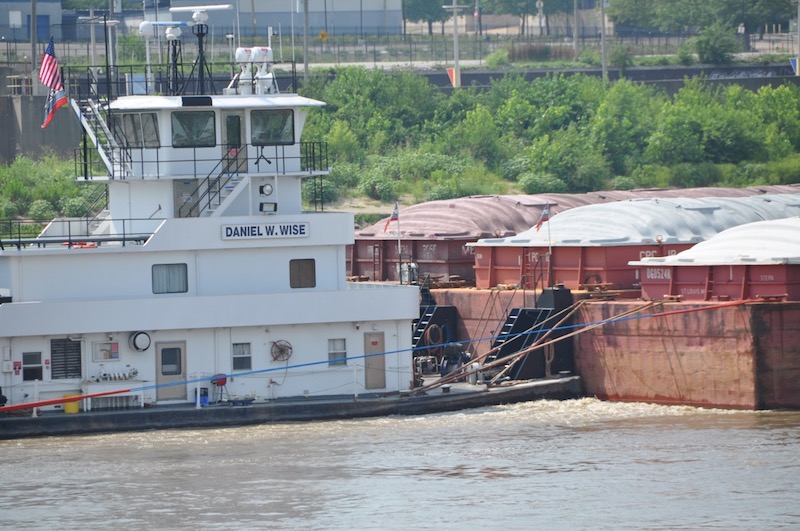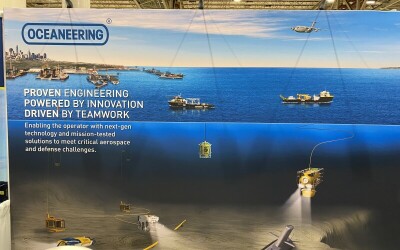It’s only been four months since the new federal inspection program, Subchapter M, was officially implemented, requiring towing vessels to comply with a host of new rules to improve safety in the tug, towboat and barge industry. But vessel operators say this new regulatory regime has already caused important changes in the way they do business.
The shifts are many: a decline in the number of towboats in the fleet as older boats that can’t be brought up to Coast Guard standards are retired; more expensive and extensive repairs to get boats into compliance; a drop in value of vessels not passing inspection and many being sold; and a rise in construction of new vessels to meet new requirements and replace those retired, Benjamin B. “Bos” Smith, vice president of operations at Stevens Towing, Yonges Island, S.C., told Tugs and Coastal Towing Program attendees on Tuesday.
“This is what we’ve seen so far under Subchapter M,” he said.
Under the new regime, which was published in 2016 after years of delays and public hearings, operators had until July 20, 2018, to get their vessels in compliance, but the required Coast Guard vessel inspections to check compliance are being phased in over four years.

Benjamin 'Bos' Smith is vice president of operations with Stevens Towing.
This has resulted in some confusion in the industry, Smith said, causing many companies to wrongly think that they can put off compliance until the Coast Guard inspection is done. But in reality, their vessels must be in compliance as of July 20 of this year.
Some are discovering this the hard way. Should a vessel be involved in a marine casualty that involves dry docking, this can spark a Coast Guard inspection that reveals the vessel is not in compliance. “If there is a marine casualty, the vessel can be subjected to a Subchapter M on the spot,” he said. “Inspections are more rigorous than expected, and tugboats can be inspected at any time. I don’t think tug operators had expected that.”
Under Subchapter M, operators must have a Certificate of Inspection from the Coast Guard to maintain fleet operations. Two options are available to help them reach compliance: under the Towing Safety Management System option, routine inspections of vessels will be done by an outside auditor based on a safety system tailored to a fleet’s needs. For operators preferring not to develop their own safety systems, they can opt to have the Coast Guard do the inspections.
Smith said given the diversified nature of Stevens Towing’s business and the heavy paperwork involved in compliance, they chose Coast Guard inspections, “preferring to get third party inspections with no agenda.”





